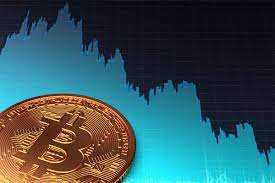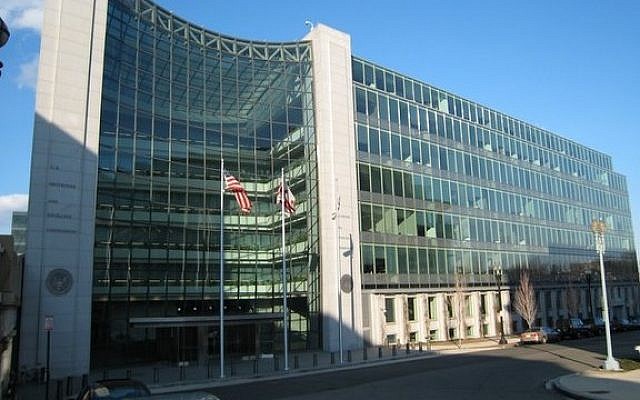The president of the Stock Exchange of Thailand (SET), Dr. Pakorn Peetathawatchai, discussed the SET’s upcoming digital asset exchange in an interview with Bloomberg, published Sunday.
He explained:
We expect that our regulator, the SEC, will give an approval very soon, and we hope that we can start operation in the second or third quarter this year.
In Thailand, the country’s Securities and Exchange Commission (SEC) is responsible for licensing entities wanting to offer crypto services, including crypto exchanges.
The president of the Thai stock exchange detailed: “For our digital asset exchange, we would concentrate on investment tokens and utility tokens — those are the things that have been in high demand in both local and international markets.”
He added that investors “would like to invest in some of these digital assets” and “use either investment tokens or utility tokens as a means to raise funds.”
However, when asked whether the SET’s new digital asset exchange will offer the trading of cryptocurrencies, he said that it will not. “Our strength has always been in the investment tools, investment vehicles,” he added, elaborating:
We will look into a way to connect to crypto exchanges to convert cryptocurrency to fiat money.
Commenting on the risks from crypto-assets, Peetathawatchai said: “At the moment, both the Bank of Thailand and the SEC have been working together to look into these areas.. and I certainly think that they will come up with a law … in the future.”
He continued: “When you look at the SEC, they have been working very hard on educating investors, disclosing a lot of information on crypto exchanges and cryptocurrencies.”
The SET executive added that the SEC has been working with listed companies in Thailand that want to enter the crypto business “to disclose more information to investors, to see what would be the effects, what would be the benefits, what would be the risks for this new business that listed companies would like to do.”
Thailand recently relaxed its tax rules on crypto, scrapping the heavily criticized 15% withholding tax. In addition, the central bank, the SEC, and the finance ministry announced in January that they will regulate crypto as a means of payment.










